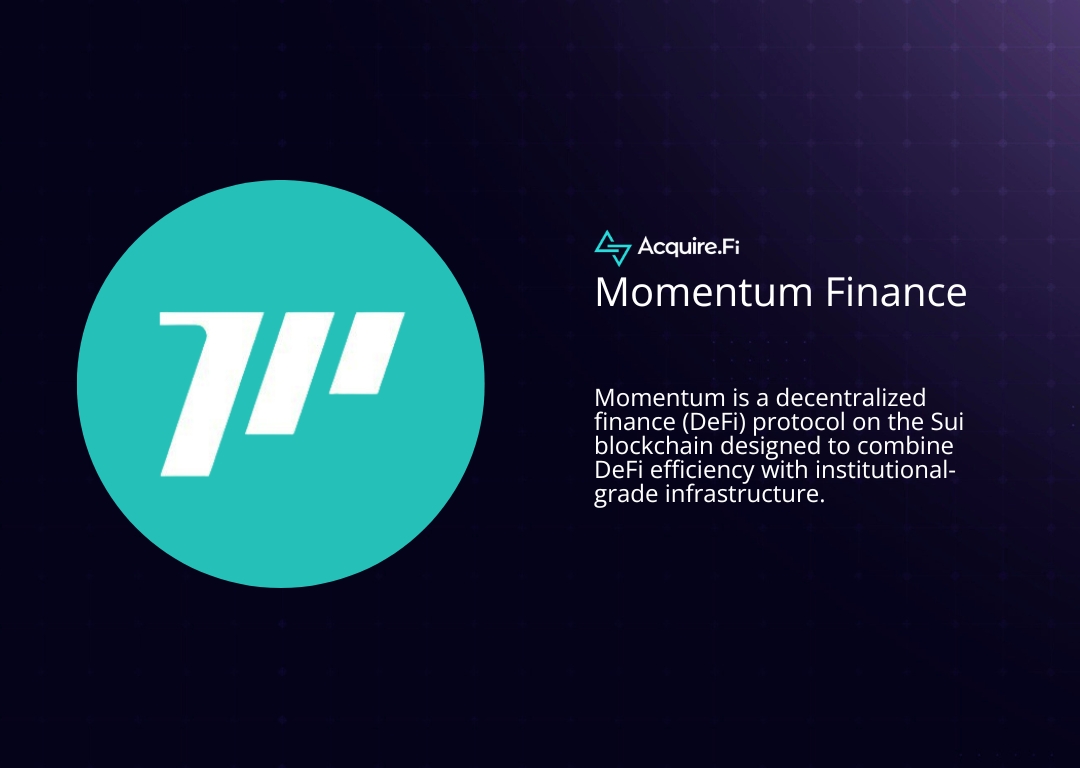Responsibilities of a Hedge Fund Manager
As a hedge fund manager, sound practices are crucial to the success of your fund. These practices have a significant impact on your reputation and fund performance. In this article, we'll discuss five essential sound practices that hedge fund managers should implement.
Understanding the Importance of Sound Practices for Hedge Fund Managers
Before we dive into the specific practices, it's important to understand why sound practices are critical to hedge fund managers. Hedge funds manage vast sums of money, often from institutional investors, and are subject to rigorous regulatory requirements. Therefore, creating a winning hedge fund plan and implementing sound practices can help ensure transparency, avoid reputational damage and legal troubles, and enhance investor confidence.
The Role of Hedge Fund Managers in the Financial Industry
Hedge fund managers play a vital role in the financial industry. They allocate capital to generate higher returns than traditional investments while managing risk. Hedge funds are less regulated than other investment vehicles, but the risk level is also higher. Therefore, hedge fund managers need to implement sound practices to ensure they operate ethically, comply with regulations, and effectively manage risk.
One of the key roles of hedge fund managers is to identify and capitalize on market inefficiencies. This requires a deep understanding of the market and the ability to make informed decisions quickly. Sound practices, such as thorough research and analysis, can help hedge fund managers make better investment decisions and ultimately improve fund performance.
Another important role of hedge fund managers is to manage risk. Hedge funds are inherently riskier than traditional investments, and therefore require a more active approach to risk management. Sound practices, such as diversification and hedging strategies, can help hedge fund managers mitigate risk and protect investor capital.
The Impact of Sound Practices on Fund Performance and Reputation
The implementation of sound practices can have a profound impact on the performance and reputation of a hedge fund. They can reduce the potential for adverse events and help to avoid reputational damage and regulatory penalties. Investors will also have more confidence in funds that implement sound practices and are more likely to continue to invest over time.
Sound practices can also help hedge funds attract and retain top talent. Talented individuals are more likely to be attracted to firms that prioritize ethical behavior, compliance with regulations, and effective risk management. This can ultimately lead to better fund performance and a stronger reputation in the industry.
In conclusion, sound practices are critical to the success of hedge fund managers. They can help to ensure transparency, avoid reputational damage and legal troubles, and enhance investor confidence. By implementing sound practices, hedge fund managers can improve fund performance, attract and retain top talent, and ultimately achieve long-term success.
Establishing a Robust Risk Management Framework
The core of hedge fund management is risk management. Establishing a robust risk management framework is essential to ensure the success of the fund. A sound risk management approach should identify potential risks, implement risk mitigation strategies, and monitor and review risk management processes regularly.
However, identifying and managing risks is not a simple task. Hedge fund managers must stay up-to-date on market trends, economic conditions, and regulatory changes that could impact the fund. They must also be aware of potential operational risks, such as system failures, cyber attacks, or fraud.
Identifying and Assessing Potential Risks
It’s essential to identify and assess potential risks to the fund. This can include operational, market, credit, and liquidity risks. Operational risks can arise from internal processes, systems, and people. Market risks can arise from changes in market conditions, such as interest rates, exchange rates, or commodity prices. Credit risks can arise from counterparty default, while liquidity risks can arise from a lack of market liquidity or the inability to sell assets.
Once the risks are identified, it’s important to assess their potential impact and the likelihood of them occurring. This information is crucial in developing mitigation strategies. Hedge fund managers must balance the potential impact of risks against the cost of implementing mitigation strategies.
Implementing Risk Mitigation Strategies
Hedge fund managers should implement risk mitigation strategies to address identified risks. This could include hedging against market risk, diversifying investment portfolios, or implementing contingency plans for operational risk. Effective mitigation strategies can help reduce the impact of risks on the fund's performance.
However, implementing risk mitigation strategies is not without its challenges. Hedging against market risk can be expensive, and diversification may not always be possible. Contingency plans for operational risk may be difficult to implement or may not cover all possible scenarios. Hedge fund managers must carefully consider the costs and benefits of each mitigation strategy.
Regularly Monitoring and Reviewing Risk Management Processes
Regular monitoring and review of risk management processes are essential to ensure they remain effective and relevant. This includes regularly assessing risk exposures, reviewing mitigation strategies, and ensuring compliance with regulatory requirements. This process helps hedge fund managers to identify potential issues before they become major problems.
However, monitoring and reviewing risk management processes can be time-consuming and resource-intensive. Hedge fund managers must balance the need for effective risk management with the costs of implementing and maintaining risk management processes.
In conclusion, establishing a robust risk management framework is essential for hedge fund managers to ensure the success of their funds. Identifying and assessing potential risks, implementing risk mitigation strategies, and regularly monitoring and reviewing risk management processes are key components of an effective risk management approach.
Ensuring Transparency and Clear Communication with Investors
Transparency and clear communication are essential to maintaining the trust of investors. Hedge fund managers should provide comprehensive and timely reporting and address investor concerns and queries. However, there are other important factors to consider when it comes to ensuring transparency and clear communication with investors.
Providing Comprehensive and Timely Reporting
Investors are interested in the financial performance of the fund and should receive comprehensive and timely reporting. This includes regular updates on portfolio holdings, performance, and risk exposures. The information should be presented in a clear and understandable manner. In addition to financial reporting, hedge fund managers should also provide information on the fund's investment strategy, including any changes that may impact the fund's performance.
Furthermore, hedge fund managers should be transparent about any fees or expenses associated with the fund. This includes management fees, performance fees, and any other expenses that may impact the fund's returns. By providing clear and comprehensive reporting, hedge fund managers can build trust with investors and demonstrate their commitment to transparency.
Addressing Investor Concerns and Queries
Investors may have questions or concerns about the fund's performance or management. Hedge fund managers should be responsive to these queries and provide clear and concise explanations. Regular communication with investors can help to build trust and foster long-term relationships. In addition to addressing concerns and queries, hedge fund managers should also provide regular updates on any changes to the fund's investment strategy or management team.
It's important for hedge fund managers to be proactive in addressing investor concerns and queries. By being transparent and responsive, hedge fund managers can help to alleviate any concerns investors may have and build trust in the fund's management.
Maintaining Open Channels of Communication
Open channels of communication between the hedge fund manager and the investor are essential. Investors should have access to relevant information and be able to reach out to the manager when necessary. Clear communication is essential to ensure that investors remain informed and confident in the fund's management.
Hedge fund managers should provide multiple channels for communication, including email, phone, and in-person meetings. In addition, hedge fund managers should provide regular updates on the fund's performance and any changes to the investment strategy. By maintaining open channels of communication, hedge fund managers can build strong relationships with investors and demonstrate their commitment to transparency and clear communication.
In conclusion, ensuring transparency and clear communication with investors is essential for the success of hedge funds. By providing comprehensive and timely reporting, addressing investor concerns and queries, and maintaining open channels of communication, hedge fund managers can build trust with investors and foster long-term relationships.
Implementing Strong Compliance and Regulatory Practices
Compliance and regulatory requirements are an essential consideration for hedge fund managers. Strong compliance practices involve staying updated on regulatory changes and requirements, developing and enforcing internal compliance policies, and conducting regular compliance audits and reviews.
Staying Updated on Regulatory Changes and Requirements
Regulatory requirements for hedge funds can change frequently. Hedge fund managers should stay current on regulatory changes and requirements to ensure that they remain compliant. This can include regular review of relevant regulations, attending industry conferences, or engaging legal counsel.
Developing and Enforcing Internal Compliance Policies
Hedge fund managers should establish and enforce internal compliance policies to ensure they adhere to regulatory requirements and ethical standards. This includes policies for insider trading, anti-money laundering, and conflict of interest. Compliance policies should be regularly reviewed and updated to remain relevant.
Conducting Regular Compliance Audits and Reviews
Regular compliance audits and reviews can help identify potential compliance issues and ensure adherence to regulations and policies. This include testing procedures and processes to ensure that they remain effective and relevant. Regular audits can also help to identify potential areas for improvement.
Conclusion
In conclusion, hedge fund managers should aim to implement sound practices to ensure the success of their fund. They should establish a robust risk management framework, ensure transparency and clear communication with investors, and implement strong compliance and regulatory practices. These essential practices can help to avoid reputational damage, regulatory issues, and enhance investor confidence. By implementing sound practices, hedge fund managers can create long-term value for their investors and the fund.














.webp)